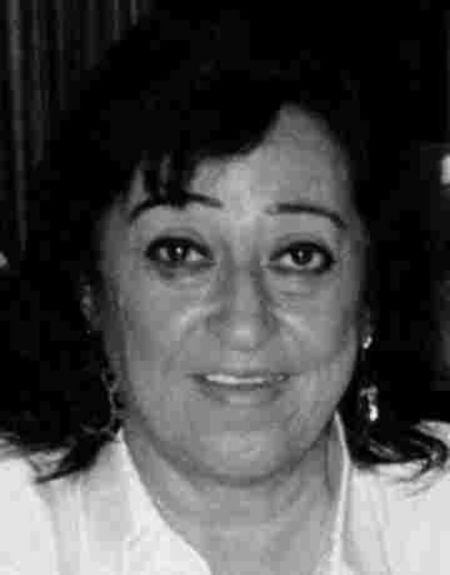Alifa Rifaat, or Fatima Abdullah Rifaat (1930-1996), whose literature holds an exceptional distinction. This writer, who did not achieve widespread fame during her lifetime, was able to boldly and honestly convey the feelings and life experiences of women in rural Egypt, shedding light on untold issues with rare courage.
Alifa Rifaat was born in Cairo in 1930 to a middle-class family and developed an early passion for reading and writing. Despite her desire to complete her university education, she faced categorical rejection from her family, who insisted on her marrying off at an early age. However, Alifa did not submit completely to these restrictions, finding in writing a refuge to express her dreams and pain.
The path ahead was not easy, as she faced significant challenges, most notably the rejection of traditional society for her works, which addressed topics considered "taboo" such as sexual repression, the role of women in the family, and unjust social traditions. Despite family and social restrictions, Alifa Rifaat was able to make her writing a platform for expressing the experiences of Egyptian women. She decided to write under a pseudonym for fear of facing further oppression. She struggled for many years to make her voice heard, and her works were an honest reflection of her personal life and social environment.
She addressed sensitive topics with a humane and realistic perspective, transcending superficiality to reveal the deep emotional and psychological aspects of women. She believed that Egyptian women, especially in the countryside, suffer from restrictions that are only visible on the surface, while more complex struggles lurk beneath.
What distinguishes Alifa Rifaat's writing is her ability to depict the daily lives of women in rural Egypt with painful realism and sometimes symbolism.
Among her most notable works are:
- "My World of the Unknown," a collection of short stories that conveys women's pain and repressed dreams, addressing issues such as traditional marriage and the relationship between men and women.
- "The View": A novel that explores the depths of the human psyche through its feminist heroines who live in a society that imposes specific roles on them.
- "The Pharaoh's Jewel": In it, she addressed themes of identity, love, and oppression in a symbolic manner.
In her writings, Alifa focused on the psychological and emotional suffering women face, ranging from the oppression of tradition to emotional and sexual deprivation. She was one of the first writers to dare to address these issues directly.
Although she did not receive adequate recognition during her lifetime, Alifa Rifaat's works influenced subsequent generations of female writers. Her feminist vision differed from the mainstream; she not only demanded absolute equality but also a deeper understanding of women as human beings with feelings, desires, and hopes.
She spoke of the importance of liberating women not only from unjust laws but also from the social pressures that imposed specific roles on them, such as being mothers and wives before becoming independent individuals.
Alifa Rifaat did not receive the fame she deserved during her lifetime, but she left a rich literary legacy that is being rediscovered over time. Today, her works are read as enlightening texts that open readers' eyes to the world of women in rural communities and express her personal struggle to achieve an independent voice despite all obstacles.
Alifa Rifaat was not just a writer; she was a witness to her time and a rebel against its constraints. She chose to use her pen as a weapon to document the lives and experiences of women, giving them an honest voice that continues to be heard despite all challenges. Her literary legacy reflects the journey of a strong woman who resisted oppression and marginalization and boldly wrote about the oppressed at the heart of society.



